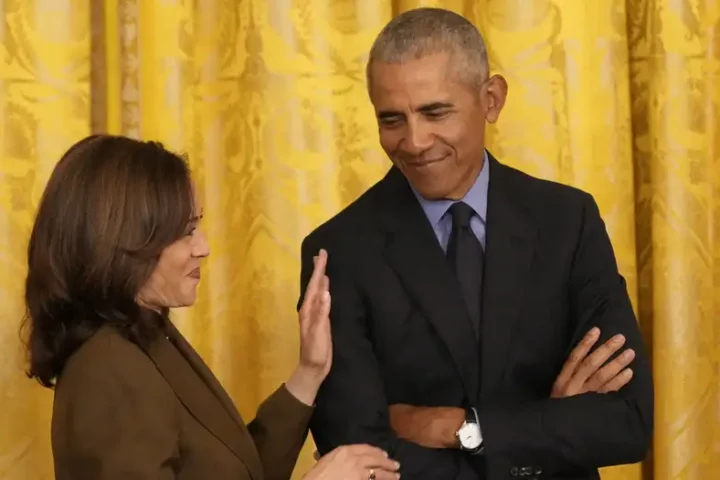Although the yearly inflation rate is the highest it has been in decades, the monthly inflation figure decreased more than experts predicted. Javier Milei’s government has introduced strict austerity policies.
Inflation in Argentina slowed for the fourth consecutive month, despite an annual rate nearing 300%, official data showed on Tuesday.
The monthly inflation rate rose at 8.8%, compared to 11% in March.
This is seen as a victory for President Javier Milei who took office in December with monthly inflation at a peak of over 25%, promising to address the rising costs.
“Inflation is being pulverized,” Manuel Adorni, the presidential spokesperson, said on X. “Its death certificate is being signed.”
The yearly inflation rate in April was at 289.4%, slightly higher than the annualized rate a month earlier, the official INDEC statistics agency said.
Milei’s strict austerity measures
When the self-proclaimed “anarcho-capitalist” Milei came into power, he inherited a severe economic crisis with Argentina’s inflation among the highest in the world.
Milei’s administration implemented strict austerity measures to stabilize the economy, including slashing public spending and reducing the budget deficit.
He cut 50,000 public jobs, suspended new public works contracts and did away with fuel and transport subsidies.
These measures have been praised by investors and the International Monetary Fund (IMF), which on Monday announced an $800 million loan (€739 million) for Argentina.
Poor and working classes impacted severely
Some experts are skeptical of the government’s success, pointing at the fall of private spending.
“You’ve had a massive collapse in private spending, which explains why consumption has dropped dramatically and why inflation is also falling,” said Monica de Bolle, a senior fellow at the Peterson Institute for International Economics who studies emerging markets.
“People are worse off than they were before. That leads them to spend less.”
Source: Dw










